If You’re Avoiding Seed Oils for Your Health You Must Read This
There’s been a growing wave of concern around seed oils lately, and if you’ve found yourself reading labels more closely and asking, “are seed oils bad for you?” you’re not alone. Far from it.
For many people wanting to improve their health naturally, oils are one of the first things to swap out.
But understanding the difference between seed oil and fruit oil, and which is the healthiest oil to cook with and which should be avoided, can be complicated. There’s a lot of noise, a lot of claims, and a fair amount of fear.
In this article, we’ll examine science-backed evidence on the various types of seed oils on the shelves, and one particularly misunderstood exception: Is olive oil a seed oil?

It sounds like a simple question, but it’s not one most people could confidently answer in the grocery aisle.
“Seed oil” isn’t a marketing term or a regulated category.
It’s just a way of describing oils extracted from the seeds of plants, rather than from the fruit or flesh. Think sunflower, canola, soybean, corn, grapeseed oil. They’re often inexpensive, ultra-processed, and used in packaged foods because they’re stable and cheap.
The problem is this: To get oil from a hard little seed, you usually need high heat, chemical solvents, or both. The result is oil that’s edible (technically) but far removed from its original state.
So are seed oils bad for you?
In short, these oils aren’t all bad on their own. But the way they’re produced, combined with how commonly they appear in ultra-processed food, is what’s raised red flags in wellness circles worldwide.
Especially when it comes to seed oil inflammation, oxidation, and overall metabolic health.
And before you ask, NO: Olive oil (like ours at HYPERELEON) does NOT belong in that category. But we’ll come back to cold-pressed VS refined oils in a moment.
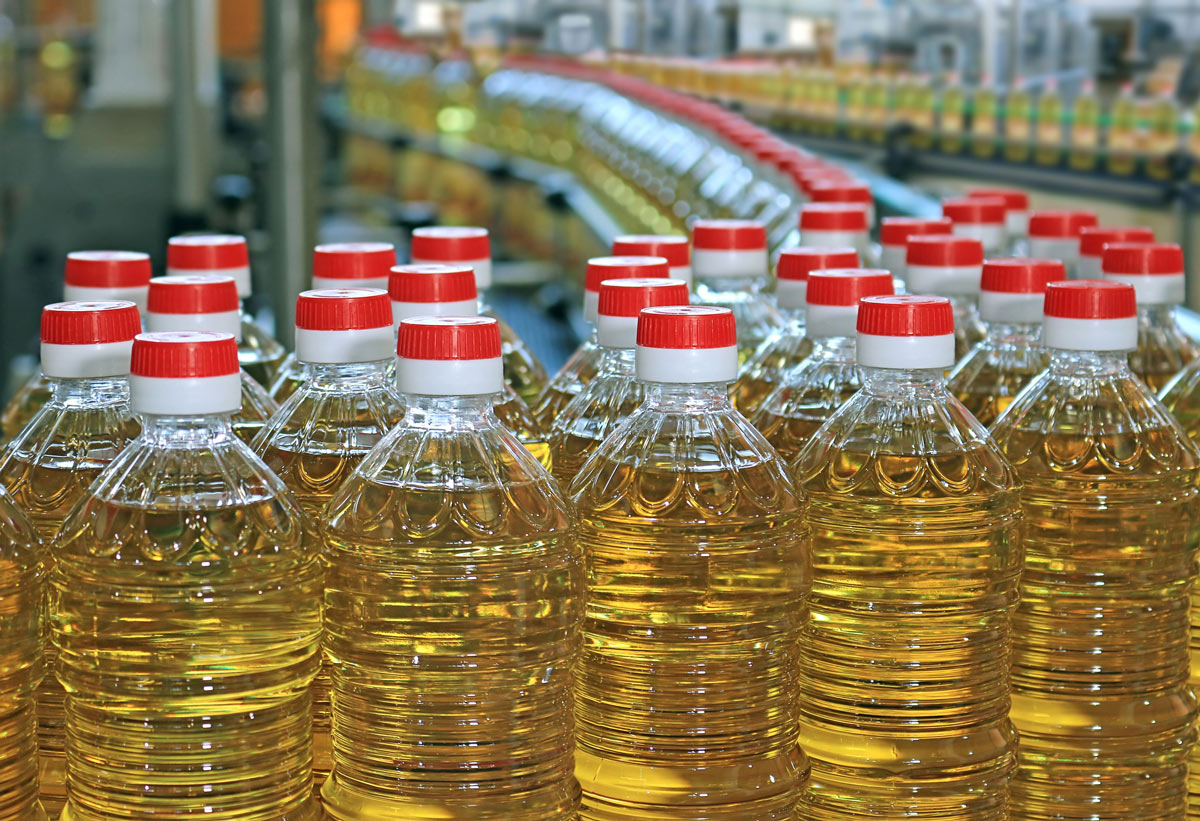
If you’ve ever searched for “seed oils” online, you’ve probably seen words like toxic, inflammatory, even poisonous (often in all caps, too).
While some of that rhetoric is exaggerated, underneath the noise lies a growing body of concern that’s worth taking seriously.
The issue isn’t just that these oils are made from seeds. It’s how they’re made and what happens during that process…
When seed oils are extracted using high heat or chemical solvents, they often undergo oxidation, meaning their molecular structure is altered in a way that may promote inflammation once consumed.
Some contain omega-6 fatty acids in excess, which – when not balanced with other healthy fats – can disrupt the body’s natural inflammatory response.
And because these oils are cheap and shelf-stable, they’ve quietly made their way into… well, everything.
Breads. Salad dressings. Crackers. Plant-based snacks. Things that look healthy on the surface, but rely on ultra-processed oils underneath.
For those wanting to know which oils to avoid for inflammation, while supporting gut health and avoiding blood sugar crashes, this starts to become a problem.
That’s where the olive oil conversation comes back in, and we’ll start by saying this: The difference between seed oil and fruit oil is huge…
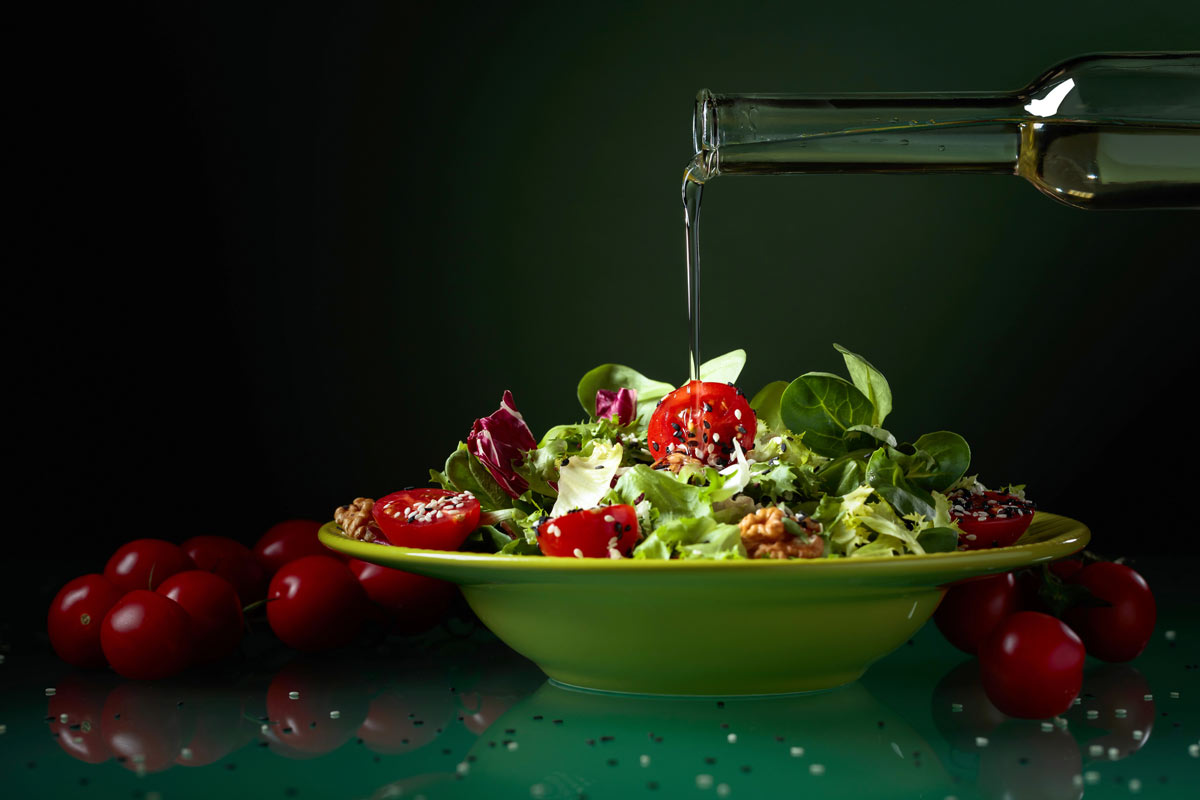
The short answer: No. Olive oil is not a seed oil.
It’s one of the few oils made not from seeds, but from the flesh of a fruit: The olive. And that single difference makes a world of impact.
When you press the flesh of an olive, oil comes out easily. All without industrial processing, chemical solvents, or extreme heat. All that’s needed is pressure. Traditionally, that’s all it takes to produce Extra Virgin Olive Oil (EVOO).
This is why olive oil doesn’t belong in the same category as canola, sunflower, or soybean oils. And it’s not only about what it’s made from either, but how it’s made (and how little it’s tampered with before it reaches your kitchen).
High Phenolic EVOO is the highest grade of olive oil available on the market.
It’s cold-pressed, unrefined, and retains its natural antioxidants like polyphenols, which are key to its health benefits (more on that in a moment.)
So are seed oils bad for you? Research suggests that they may be.
If you’re avoiding seed oils for wellness reasons, olive oil isn’t the one to cut. In fact, it may be one of the smartest oils to keep.
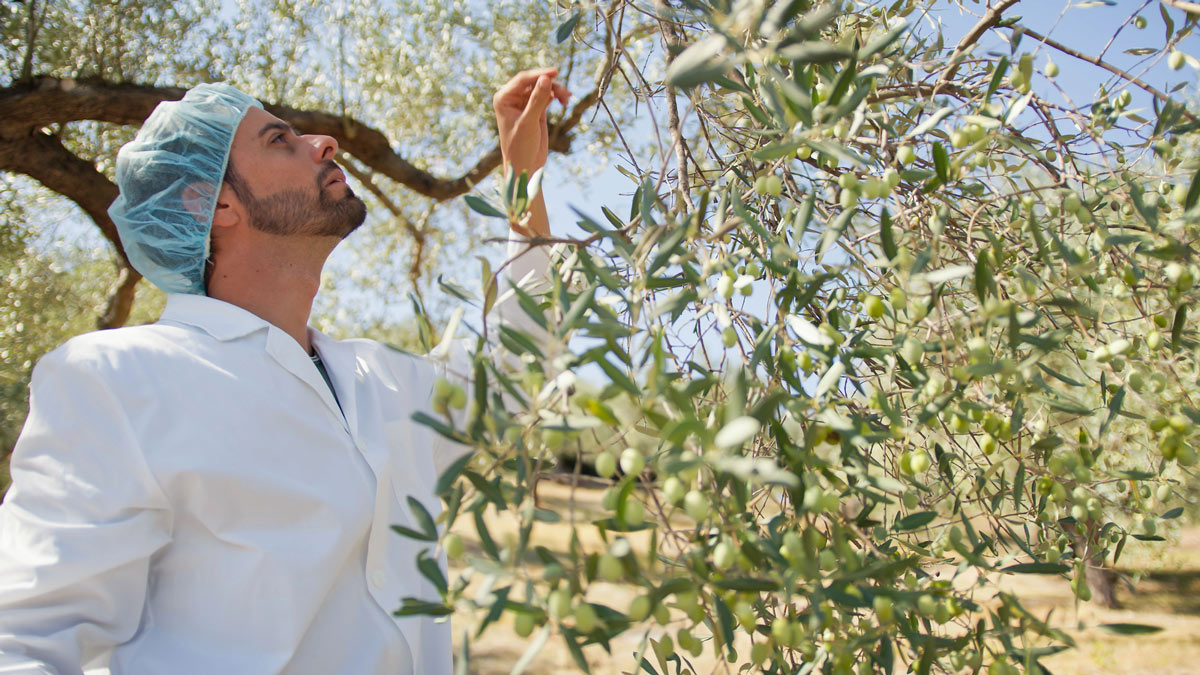
Now that we’ve cleared up the seed oil debate, here’s something else worth knowing: Just because a bottle says “olive oil” doesn’t mean it’s giving you all the benefits.
The truth is, the olive oil industry has a transparency problem. Many supermarket bottles that claim to be the healthiest oil to cook with are, in fact, blended with cheaper oils, refined, or stored in ways that degrade quality before you ever open the cap. Even the term “extra virgin” isn’t always enforced.
A recent study found that nearly 70% of imported EVOO on grocery store shelves didn’t meet basic purity standards.
You’ve probably seen it for yourself… “OLIVE OILS” screaming in all-caps, with something along the lines of “blended with seed oils” in tiny, near-illegible text underneath.
Classic marketing trickery.
The difference between a true, cold-pressed, high-polyphenol olive oil – and its mass-produced counterpart that’s marketed to look healthy – isn’t just about taste. It’s about whether or not you’re getting the actual antioxidant and anti-inflammatory properties you came for.
You deserve to know what you’re putting in your body, and when you’re looking into olive oil vs seed oil for health reasons, that clarity matters now more than ever before.
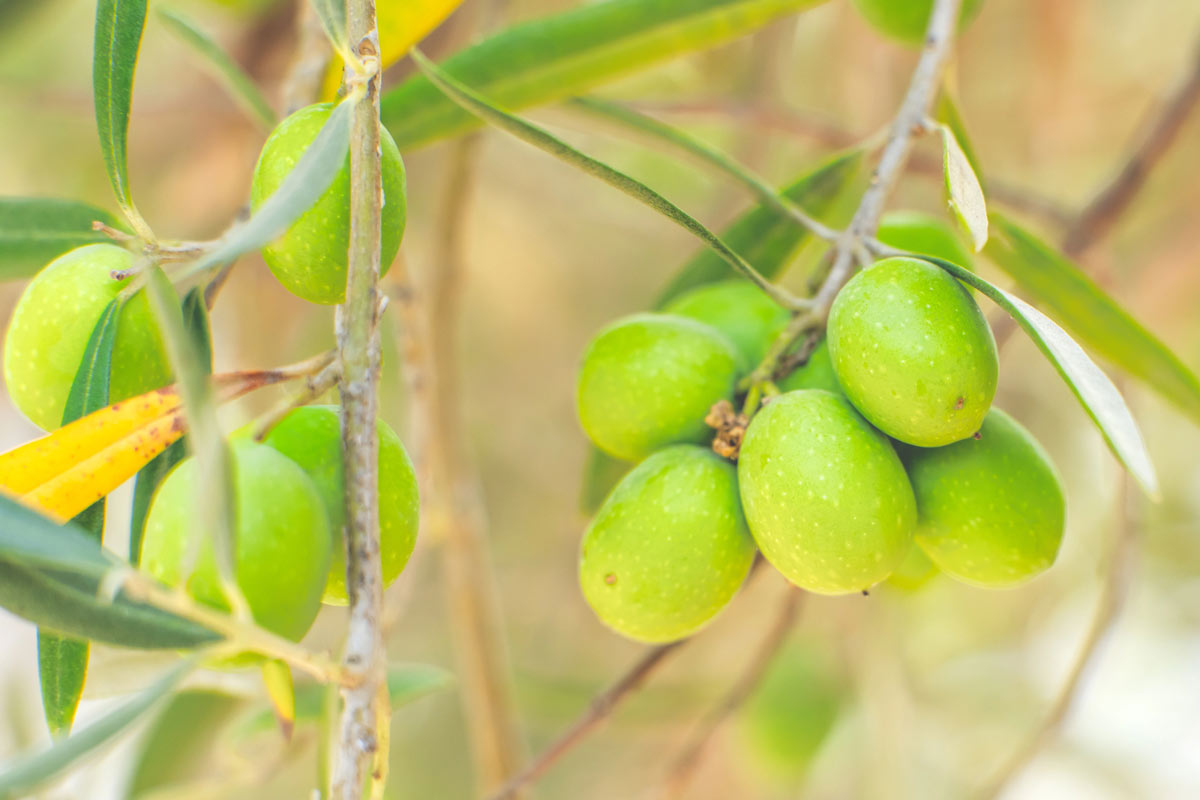
Olive oil has been used for centuries, but it’s the polyphenols inside it that are garnering all the attention in today’s world.
Polyphenols are natural plant compounds that contain immense antioxidant and anti-inflammatory properties. They’re one of the key reasons why olive oil has become a staple in health-forward diets like Mediterranean, Blue Zone, and autoimmune protocols.
In a truly cold-pressed, high-polyphenol olive oil, these compounds are left in-tact, meaning you’re not just cooking with flavour…but you’re supporting your body at a cellular level, too.
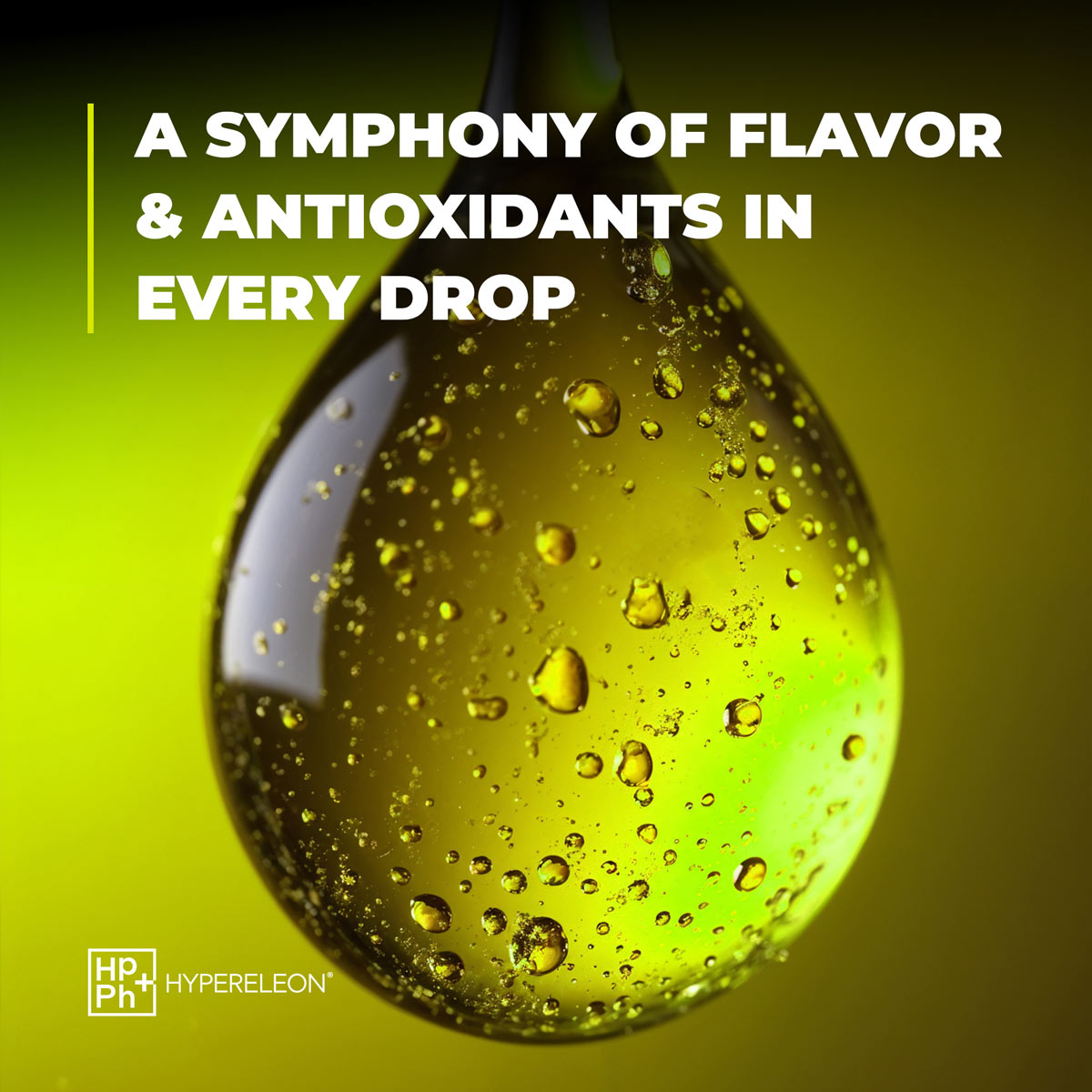
Polyphenols in Olive Oil, Preserved – FINALLY.
If you’ve read this far, you clearly care about the quality of what goes into your body, and now you can finally stop Googling “Is olive oil considered a seed oil”.
To you, buying olive oil isn’t as simple as just picking the cheapest bottle and hoping for the best. No; you want fuel that supports not just your own health and wellbeing, but your family’s too.
HYPERELEON is a high-polyphenol olive oil created especially for health-conscious individuals like you. It’s one of the healthiest oil to cook with, and we have the tests to back it up.
Every bottle brings endless benefits of Extra Virgin Olive Oil in its purest form.
The range is crafted from early-harvest Greek olives, cold-pressed with care, and independently tested for polyphenol concentration.
It’s one of the only EVOOs on the planet that tells you exactly what you’re getting, which is zero blends, dilutions, or shortcuts. Only clean, antioxidant-rich EVOO, bottled at the source and delivered to your door.
Not all oils are equal, and not all EVOOs are HYPERELEON. If you’ve been rethinking seed oils, this is the upgrade you’ve been searching for.
How To Choose Healthy Oil With Confidence
The olive oil VS seed oil debate doesn’t have to be complicated, and neither does what you cook with.
If you’ve been looking for a cleaner, more trustworthy alternative to seed oils, something backed by science, but rooted in tradition, HYPERELEON is ready when you are.